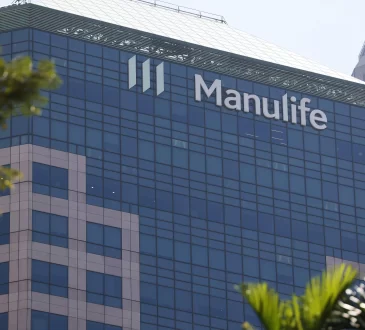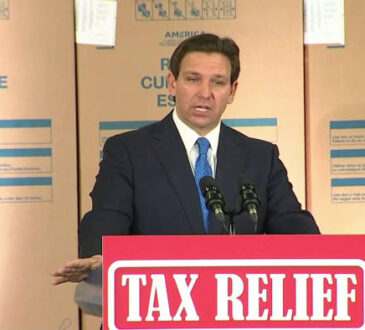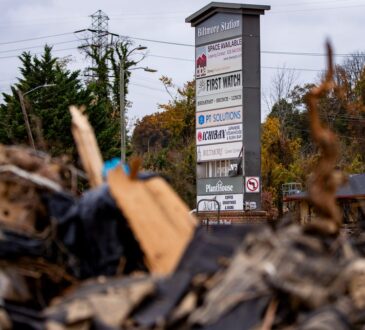New research from BNP Paribas Real Estate shows the traditionally busy fourth quarter of the year was a washout, as demand for offices, retail space and private rental schemes plunged to a level not seen since the tail end of the financial crisis, back in 2013.
The property sector has been rocked by sharply higher interest rates, the big shift in post-Covid work patterns and investors’ dislike of rent caps in the residential sector.
The research suggests the response has largely been a freeze on activity – with no evidence of forced selling but a huge decline in overall activity levels.
One bright spot for the sector was logistics warehouses, an investment segment that is booming as a result of the shift to online sales and deliveries, as well as overall growth in the economy.
The traditionally busy office market, however, remains in the doldrums, with masses of supply thanks to large-scale office developments commissioned before Covid meeting a perfect storm of reduced corporate need as a result of significant changes in work patterns in the past four years.
Sharply higher interest rates are also affecting would-be buyers.
The BNP Paribas report says the last new-build prime office development sold in Dublin was in 2022, when US property giant Blackstone bought the Johnny Ronan-built Salesforce Tower in the docklands. Blackstone paid over €500m for that property. By comparison, the tally of 20 office deals done last year had a combined value of just €386m.
The year’s biggest office deal was thought to be local buyer Eamon Waters’ acquisition of the Chancery Building in Dublin 8, for a reported €14m.
The shift away from full-time office-based work and last year’s “tech wreck” of large-scale layoffs in the technology sector means pressure on rents, with a knock-on to buyer demand.
In the residential sector, occupancy levels have held up far better, thanks to high demand and low supply, although BNP Paribas’ chief economist John McCartney points out that rent-price data is hard to assess given the relative scarcity of property being advertised.
However, the year saw another massive drop in investor activity – with the total value of private rental sector deals plunging to €433m. That was the lowest level of investment since 2017 and compares with an average spend of €2bn a year buying up apartments and houses between 2019 and 2022.
The market was partly held back by a lack of new supply but rent caps – due to roll off at the end of this year but widely anticipated to be rolled over – are a big issue for institutional investors, whose long-term investment aims tend to be focused on beating inflation over time, rather than any absolute rent target.
The collapse in what had been a booming market for “cuckoo-fund”-type deals is unlikely to have a major impact on rent property supply, however, with the State – through local authorities and other institutions such as approved housing bodies – piling into the segment and offering an attractive exit for developers.
Overall, the shift last year to a property market characterised by smaller deals and less of them meant large-scale German and US investors largely sat out the market. In the case of the US, the year saw a small net outflow of capital, as Americans sold more property than they acquired in the year.
Smaller French funds, backed by retail investors, and private Irish investors were relatively more active.




